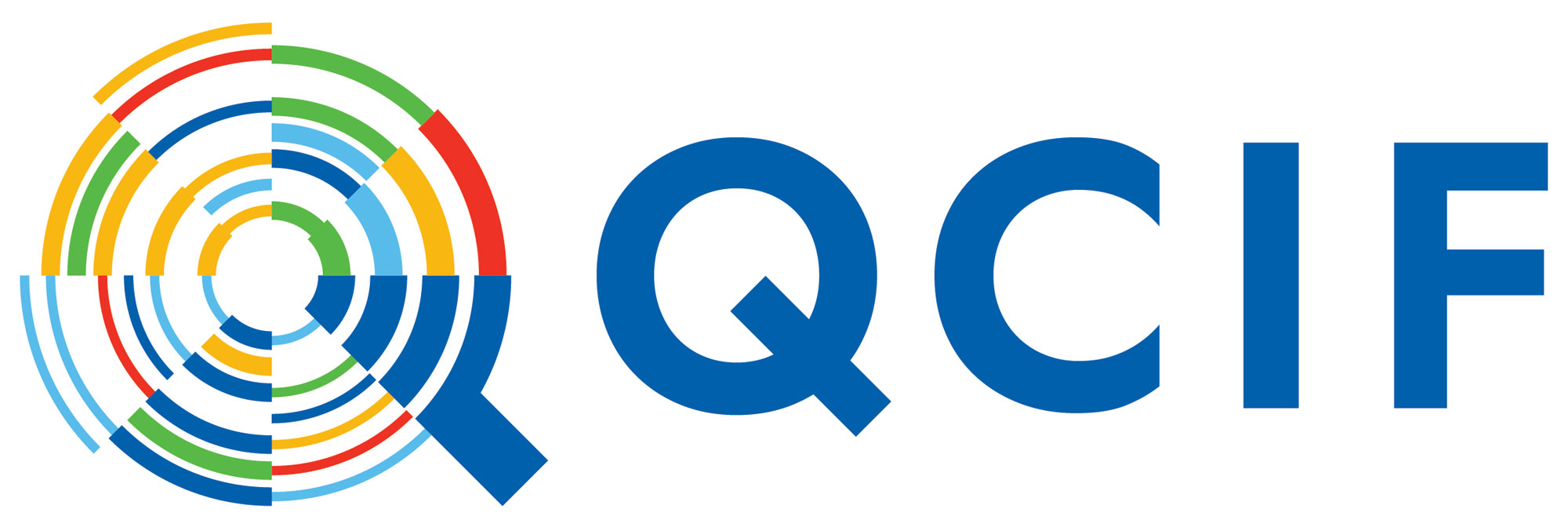23/07/2020
QCIF is sponsoring this year’s national HealthHack, which will be held online over two weekends, starting Friday night, 24 July.
HealthHack will bring researchers, students and healthcare professionals together with software developers, educators, engineers, designers and other scientists to create innovative solutions to important healthcare and medical research problems.
Seven research problems have been confirmed for the hackathon. Many involve app’ solutions or machine learning for diseases, disabilities and social issues. The required tasks during the hackathon to solve the seven problems include:
- improving contact tracing and data privacy for COVID-19 in developing countries
- creating vision impaired-friendly medical forms
- creating a digital support system to help young adults manage their experience of inflammatory bowel disease
- creating an Auslan (Australian sign language) community data portal
- creating a machine learning-based software tool for high-resolution protein structures to speed up discovery time for biomedical researchers
- creating a platform to help capture, curate and share stories and data about racism
- creating a solution to improve scientific literacy amongst the general public.
QCIF eResearch Analyst Dr Nick Hamilton is once again a ‘Problem Wrangler’ for HealthHack, i.e. in charge of coordinating the problems to be solved.
“Machine learning, privacy, and open shared community resources for health and research feature strongly at this year’s HealthHack,” said Dr Nick.
“HealthHack has now been running every year since 2015 [largely in Brisbane], and many projects that have been seeded at HealthHack have gone on to either win an award, get substantial further investment or have formed the basis of grant applications.
“We have had over 300 people sign up to attend, making this our biggest year ever.”
The researchers and professionals behind this year’s problems will pitch their problems live virtually on the opening weekend to software developers, designers and other problem solvers.
Teams of hackers will then form to create solutions to the problems.
This year’s HealthHack will be held online due to the COVID-19 pandemic and will use Remo’s virtual conference software.

